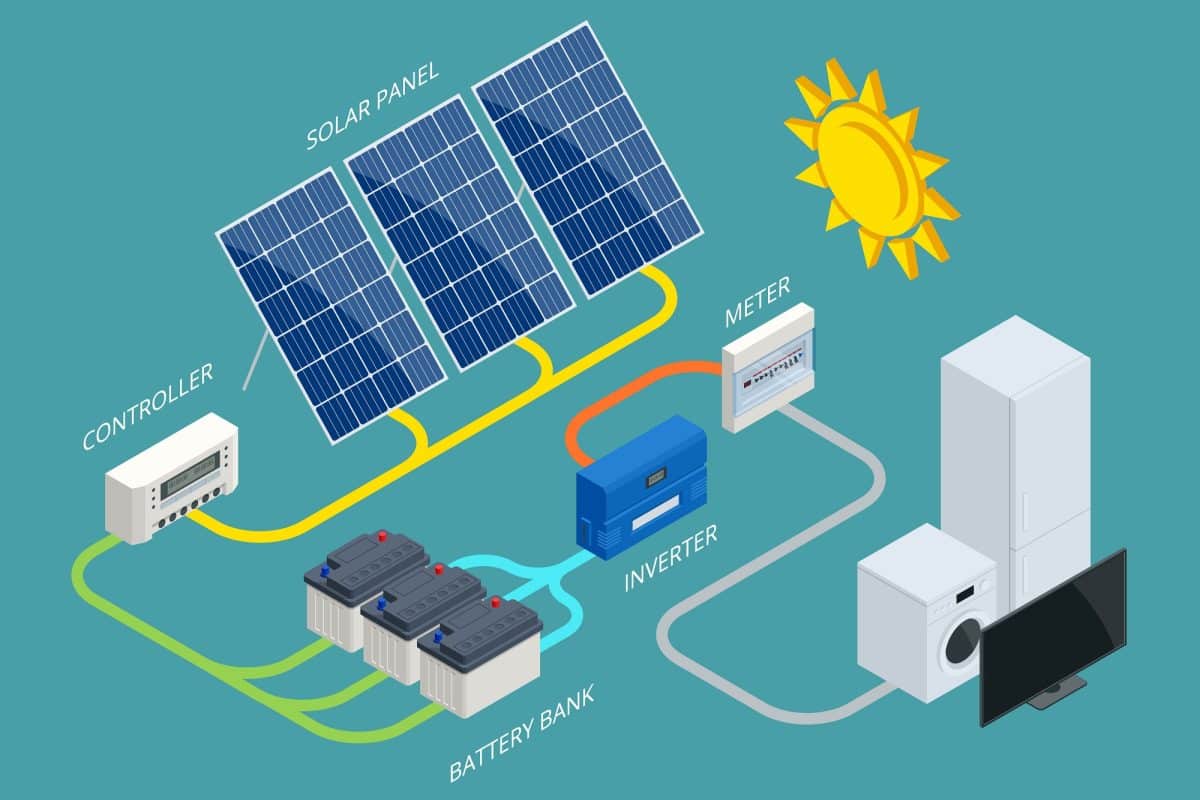
The question of whether or not solar energy is expensive is a common one, and the answer is not a straightforward one. There are several factors to consider when evaluating the cost of solar energy, including the initial cost of installation, the ongoing maintenance costs, and the potential savings on energy bills.
The initial cost of installing a solar power system can be significant. The cost depends on the size of the solar panel array, the type of solar panels used, and the complexity of the installation process. However, the cost of solar panels has decreased significantly over the past decade, making solar energy more accessible to homeowners and businesses.
In addition to the initial cost of installation, there are ongoing maintenance costs associated with solar power systems. These costs include regular cleaning of the solar panels, occasional repairs or replacements of components, and monitoring the system to ensure that it is functioning properly. While these maintenance costs may add up over time, they are generally lower than the ongoing costs of traditional energy sources.
One of the biggest potential benefits of solar energy is the savings on energy bills. With a solar power system, homeowners and businesses can generate their own electricity, reducing their dependence on the grid. This can lead to significant savings on energy bills, particularly over the long term. In some cases, solar power systems can pay for themselves in a matter of years.
Another factor to consider when evaluating the cost of solar energy is the potential for tax incentives and rebates. Many governments offer tax incentives and rebates to encourage the adoption of solar energy. These incentives can significantly reduce the cost of installation and make solar energy more accessible to homeowners and businesses.
It’s also important to consider the environmental benefits of solar energy. Solar energy is a clean, renewable energy source that produces no greenhouse gas emissions or other pollutants. By reducing dependence on traditional energy sources, solar power systems can help reduce the overall carbon footprint of a home or business.
When evaluating the cost of solar energy, it’s important to consider the long-term benefits and potential savings. While the initial cost of installation can be significant, the ongoing maintenance costs are generally lower than traditional energy sources, and the potential savings on energy bills can be significant. In addition, tax incentives and rebates can make solar energy more accessible and affordable for homeowners and businesses.
In conclusion, the cost of solar energy depends on several factors, including the initial cost of installation, ongoing maintenance costs, potential savings on energy bills, tax incentives and rebates, and the environmental benefits. While the initial cost of installation can be significant, the potential savings on energy bills and the long-term benefits of solar energy make it a viable and attractive option for homeowners and businesses looking to reduce their carbon footprint and save on energy costs.
